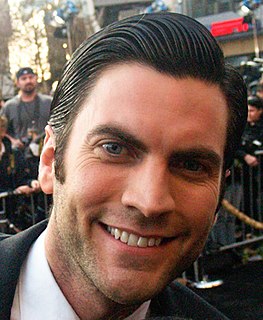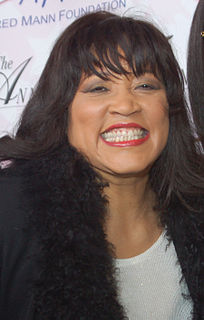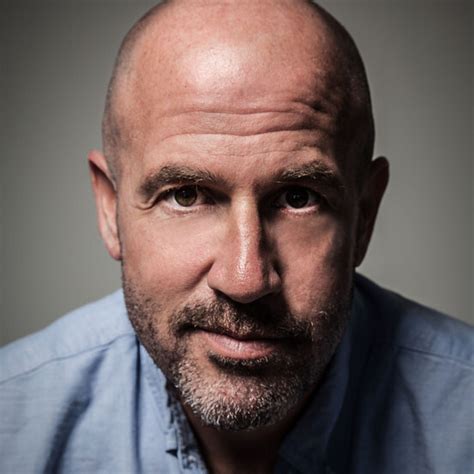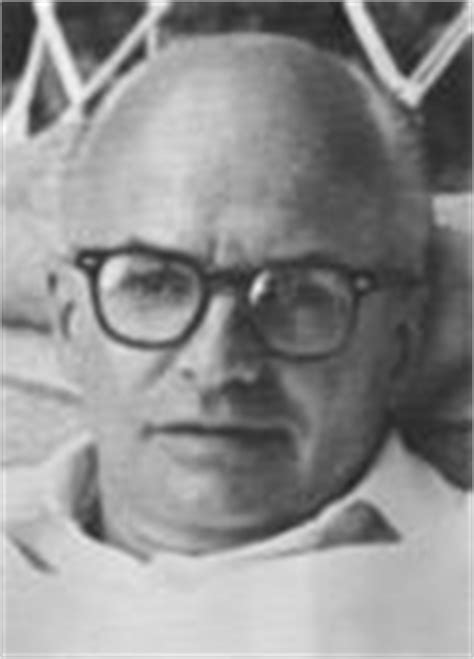A Quote by Wes Bentley
I didn't know anything about Opus Die except from pop culture, like Dan Brown novels, which I knew wasn't really knowing anything about Opus Die.
Related Quotes
There are two styles of walls "opus reticulatum," now used by everybody and the ancient style called "opus incertum." Of these, the reticulatum looks better, but its construction makes it likely to crack. On the other hand, in the opus incertum, the rubble lying in courses and imbricated, makes a wall which though not beautiful, is stronger.
I just remember lot of men running around in little tiny gold shorts! The format - it was kind of hard. You really have to know about pop culture and I'm not really knowledgeable about a lot of those things. I know what I like. They'd ask about Gwyneth Paltrow, and I don't know anything about her, except her mother. I know who her mother is. So you really have to be current and relevant.
Don't lie to anyone, but particularly don't lie to millennials. They just know. They can smell it. Be yourself: if you're old, be old. If you don't know anything about pop culture, don't pretend to know anything about pop culture. When you credit teenagers with intelligence and emotional sophistication, they respond intelligently and with emotional sophistication.
I know that I'm going to die and that you're going to die. I can't do anything about that. But I can explore it through a metaphor and make a kind of funny, dark story about it, and in doing so, really exhaust and research as many aspects of it as I can imagine. And in a way, that does give me some closure.
At the beginning of my career as a writer, I felt I knew nothing of Chinese culture. I was writing about emotional confusion with my mother related to our different beliefs. Hers was based in family history, which I didn't know anything about. I always felt hesitant in talking about Chinese culture and American culture.
Knowing what [Christ] knew , knowing all about mankind--ah! who would have thought that the crime is not so much to make others die, but to die oneself--confronted day and night with his innocent crime, it became too difficult to go on. It was better to get it over with, to not defend himself, to die, in order not to be the only one to have survived, and to go elsewhere, where, perhaps, he would be supported.
I think it's much more interesting to live not knowing than to have answers which might be wrong. I have approximate answers, and possible beliefs, and different degrees of uncertainty about different things, but I am not absolutely sure of anything. There are many things I don't know anything about, such as whether it means anything to ask "Why are we here?" I might think about it a little bit, and if I can't figure it out then I go on to something else. But I don't have to know an answer. I don't feel frightened by not knowing things, by being lost in the mysterious universe without having any purpose - which is the way it really is, as far as I can tell.
You silly Arthur! If you knew anything about...anything, which you don't, you would know that I adore you. Everyone in London knows it except you. It is a public scandal the way I adore you. I have been going about for the last six months telling the whole of society that I adore you. I wonder you consent to have anything to say to me. I have no character left at all. At least, I feel so happy that I am quite sure I have no character left at all.
What I wish is that people would look beyond the tribbles and see I've written some other books that I really would like people to notice. There's 'The Man Who Folded Himself,' there's 'The Martian Child,' which is about my son and the adoption. There's 'The War Against The Chtorr,' which is my magnum opus, my great epic story.
What I wish is that people would look beyond the tribbles and see I've written some other books that I really would like people to notice. There's The Man Who Folded Himself, there's The Martian Child, which is about my son and the adoption. There's The War Against The Chtorr, which is my magnum opus, my great epic story.
The only thing I knew in the world as a little kid was comedy. And no other kids in my school cared about it at all. There was no one to talk about it with. You know, we're in a geek culture now where comedy is so giant. I'm one of the people that, you know, works on Funny or Die. And there is just a giant culture of comedy nerds. But back then, I was alone, and I had a little confidence about it because I felt like, this is my thing, this is the only thing that only I know about.
To know another human being in their essence, you don’t really need to know anything about them - their past, their history, their story. We confuse knowing about with a deeper knowing that is non-conceptual. Knowing about and knowing are totally different modalities. One is concerned with form, the other with the formless. One operates through thought, the other through stillness.
I did used to have nightmares about the idea that when I die, there is a spark of consciousness which basically creates the world. 'Is the world going to disappear if this spark of consciousness disappears? And how do I know it won't? How do I know there's anything there except what I'm conscious of?'



































